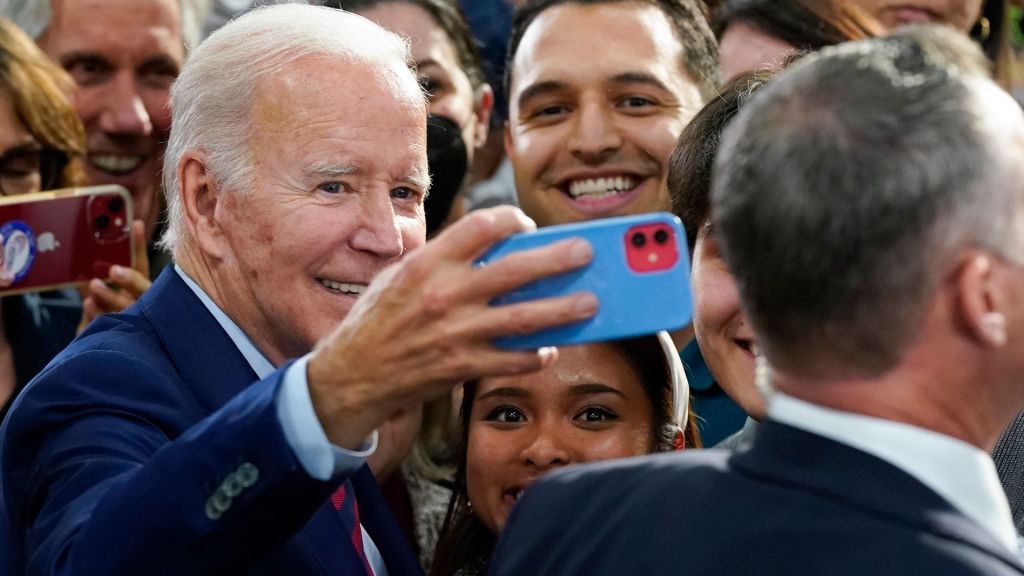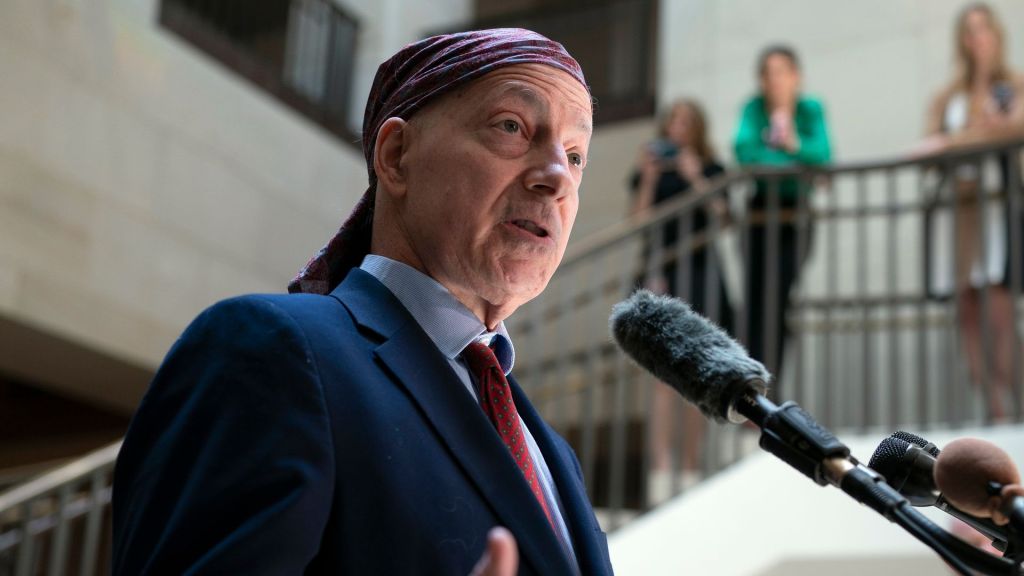
IN A LANDMARK MONOPOLY CASE.
THE FTC AND 17 ATTORNEYS GENERAL ALLEGE AMAZON UNFAIRLY PROMOTES ITS OWN PLATFORM AND SERVICES AT THE EXPENSE OF THIRD-PARTY SELLERS USING THEIR SITE TO DISTRIBUTE THEIR PRODUCTS.
THE LAWSUIT ALLEGES AMAZON WIELDS MONOPOLY POWER TO MAINTAIN HIGHER PRICES ON ITS WEBSITE —
HARMING CUSTOMERS AND WEAKENING COMPETITION.
THE LAWSUIT ALSO CLAIMS THE ONLINE RETAILER BURIES DISCOUNT SELLERS FAR DOWN IN ITS SEARCH RESULTS SO THAT THEY “BECOME EFFECTIVELY INVISIBLE.”
IN A STATEMENT, AMAZON CALLED THE CASE — QUOTE — “WRONG ON THE FACTS AND THE LAW.”







